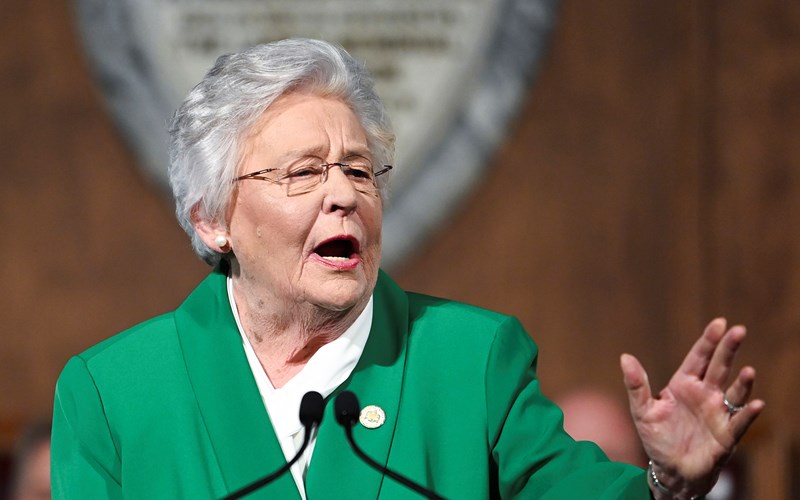The withdrawal of the Alabama Public Library Service was announced last week by its state director, Nancy Pack, an apologist for the ALA who reportedly bumped heads with the state governor.
 Smith, of Eagle Forum of Alabama, tells AFN the decision did not happen quickly because Pack initially defended the affiliation with the ALA.
Smith, of Eagle Forum of Alabama, tells AFN the decision did not happen quickly because Pack initially defended the affiliation with the ALA.
“In spite of the fact that the president of that group is a self-professed lesbian Marxist,” Smith says, referring to ALA leader Emily Drabinski.
After being elected ALA president in April, Drabinkski celebrated in a social media post by openly attaching herself to the economic and political philosophy whose followers killed 100 million people in the 20th century. By the time the self-described "Marxist lesbian" ran to the media to claim she was a victim, numerous state-level library associations and smaller municipalities had already distanced themselves from the far-left ALA and its communist leader.

That controversy did not gone unnoticed by Gov. Ivey. Concerned about the ALA defending sexually explicit children’s books, Ivey fired off a letter in September to Pack demanding answers about the ALA and its association with Alabama’s public libraries, according to a news article by 1819news.com.
Ivey, now serving her second term, studied the ALA and its beliefs before taking action. In her letter to Pack, Ivey gave examples of sexually explicit children's books found on library shelves. She then quoted the ALA and its "Library Bill of Rights" that defends access to any public library book regardless of age.
 Annual membership in the ALA cost Alabama taxpayers approximately $38,000 since 2019, according to the article.
Annual membership in the ALA cost Alabama taxpayers approximately $38,000 since 2019, according to the article.
Smith says the public has a legal and moral right to make sure their local libraries are not including explicit LGBT-themed books on the shelves, which are brazenly targeting children.
Asked who helped demand action in Alabama, Smith says the “good people” in the state took action by searching for and researching those controversial books at the library.
“And they were appalled,” she says. “And they went to the local boards, and testified and to the state boards, and just said we can't have this for our children.”







